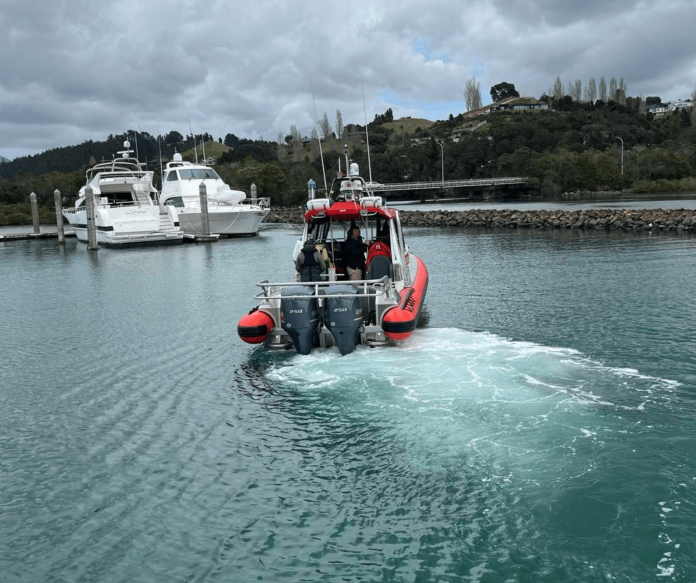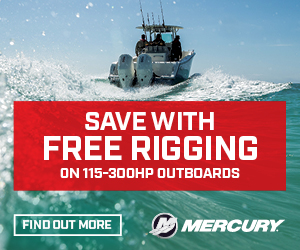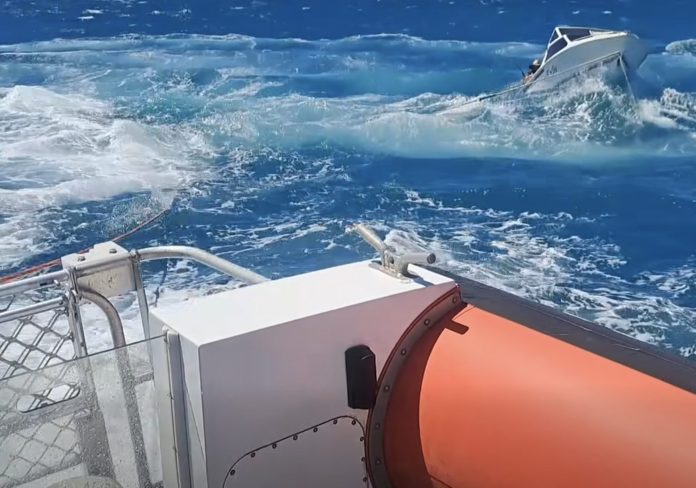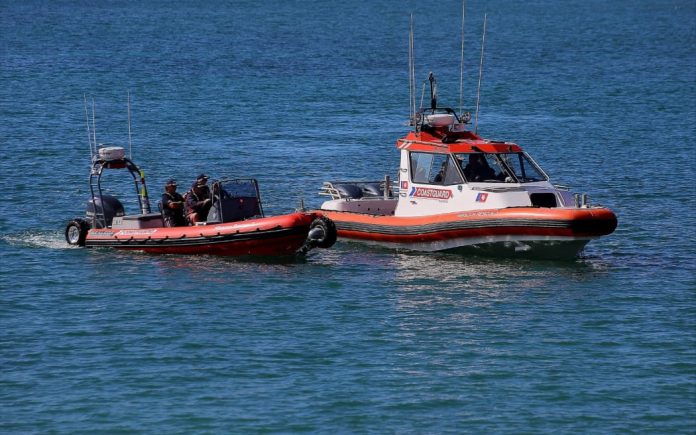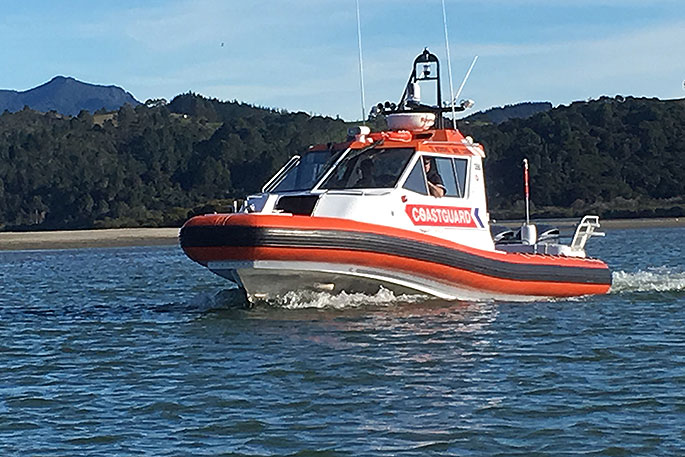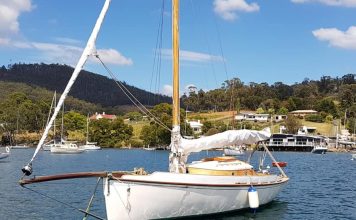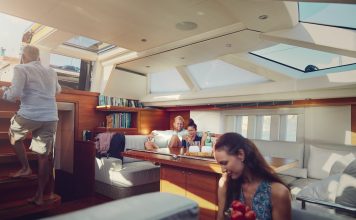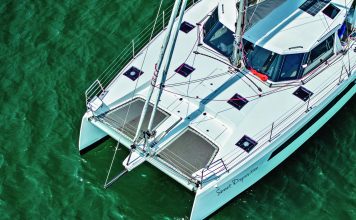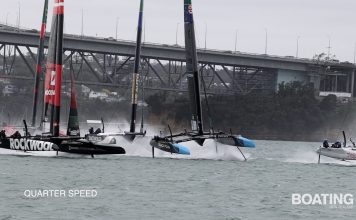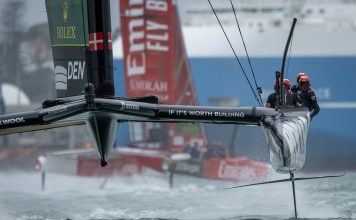New Zealand’s waters are known for their beauty, but they also pose significant challenges for boaties, particularly when crossing river and harbour bars. Each year, tragic accidents and near misses occur as boaties attempt to navigate these treacherous waters, often due to lack of knowledge or inadequate preparation. To address this ongoing issue, Coastguard New Zealand has launched a nationwide series of free seminars designed to boost safety awareness around bar crossings. These seminars are taking place across the motu and are particularly aimed at fishers, boat owners, and anyone regularly crossing bars in their watercraft.
Understanding the Risks of Bar Crossings
A bar crossing occurs when a boat moves from sheltered waters out to the open sea across a sand or gravel bar. In New Zealand, bars are found at many river mouths, harbours, and estuaries. Bars are hazardous because they cause waves to steepen, increasing the risk of capsizing or losing control. Even experienced boaties can be caught off guard, with factors such as tide changes, wind direction, and wave height creating unpredictable and dangerous conditions.

According to Coastguard data, bar crossings are responsible for a significant proportion of boating-related incidents. Sadly, a number of fatalities have occurred in recent years, underscoring the need for more widespread education. Coastguard’s CEO Callum Gillespie highlighted that “crossing a bar safely takes skill, experience, and knowledge. It’s crucial that people understand the conditions and how to handle their boats effectively before attempting these crossings.”
The Coastguard Bar-Crossing Seminar Initiative
Coastguard New Zealand’s new initiative aims to prevent further tragedies by educating the public through seminars. These seminars will run nationwide and focus on safety practices specific to bar crossings, such as understanding local conditions, selecting the right equipment, and learning how to read the sea. The Coastguard has partnered with regional councils, including Canterbury, Kaipara, Wanganui-Manawatu, Whakatane, Waikato, Auckland and Northland, to deliver tailored sessions for high-risk areas around New Zealand such as Manukau, Port Waikato, Raglan, Tairua, Ōpōtiki, and Port Waikato bars.
The seminars will cover essential topics such as:
- Planning and Preparation: Before any bar crossing, it’s vital to assess the tide, wind, and weather conditions. Understanding how these factors interact with the bar can help reduce risks. Coastguard also emphasises the importance of preparing your vessel for the crossing—ensuring that all equipment is in working order, life jackets are on hand, and that you have a communication device such as a marine VHF radio.
- Understanding the Bar: One of the key components of the seminars is teaching boaties to “read” the bar. This means observing wave patterns and identifying the best path to cross safely. Bars can shift, and conditions change rapidly, so it’s crucial to have up-to-date local knowledge. Attendees will learn how to gather the latest information from local Coastguard stations and maritime services.
- Speed and Approach: Another critical skill is understanding the speed at which to approach the bar. Entering too fast can cause a vessel to lose control, while moving too slowly could mean being overwhelmed by waves. Coastguard instructors will provide practical tips on navigating these tricky situations and emphasize the importance of a cautious, yet confident, approach.
- What to Do If Something Goes Wrong: Even with the best preparation, things can go wrong. The seminars will provide guidance on what to do if you encounter difficulties during a bar crossing. This includes how to safely abort a crossing and return to sheltered waters, as well as how to call for help and what to expect from a Coastguard rescue.
Localised Support and Information
A key advantage of these seminars is that they are tailored to the specific conditions of different regions. For example, the Manukau Bar, one of the most notorious bars in New Zealand, has its own particular set of challenges. Locals in Pukekohe, Port Waikato, and surrounding areas will benefit from sessions that focus on the unique risks of the Manukau Bar.
The seminars will address the unique risks specific to each location, extending beyond the Auckland region to all areas where the events are held.
These localised seminars are not just for seasoned fishers—anyone who crosses a bar regularly or plans to do so will benefit. Coastguard encourages new boat owners, recreational fishers, and even those considering purchasing a boat to attend. The seminar’s goal is to demystify the complexities of bar crossings and provide everyone with the skills to make informed decisions on the water.
The Importance of Continuing Education
While the Coastguard’s bar-crossing seminars are a vital step in improving boating safety, they are just one part of a larger campaign. Gillespie emphasised that safety on the water should always be an ongoing priority. “Boaties need to ensure they’re continuously educating themselves on best practices, not just for bar crossings but for all aspects of boating safety,” he said.
In addition to attending the seminars, boaties are encouraged to complete the Coastguard’s boating safety courses, which cover topics such as boat handling, navigation, and emergency procedures. The more prepared and knowledgeable a skipper is, the safer their crew and passengers will be.
Making a Lifesaving Difference
New Zealand’s Coastguard has saved countless lives, but the organisation’s goal is to prevent accidents before they happen. By raising awareness of the dangers associated with bar crossings and providing boaties with the necessary skills and knowledge, these seminars could prove to be lifesaving. Attending a seminar might seem like a small step, but it can make a significant difference when out on the water.
Boaties, fishers, and water enthusiasts are encouraged to sign up for a local bar-crossing seminar through the Coastguard website or local council. These free events provide essential information and training to ensure that everyone can enjoy New Zealand’s waters safely. After all, the goal is to get home to your family after a day on the water, not to end up in a rescue situation.
As Coastguard continues its vital work in improving water safety across New Zealand, it’s clear that the key to a successful bar crossing lies in preparation, knowledge, and caution. For anyone planning to head out to sea this summer, the message is simple: don’t take unnecessary risks, and always be prepared.
Register for your nearest seminar at https://ticketing.humanitix.com/tours/bar-awareness-roadshow








